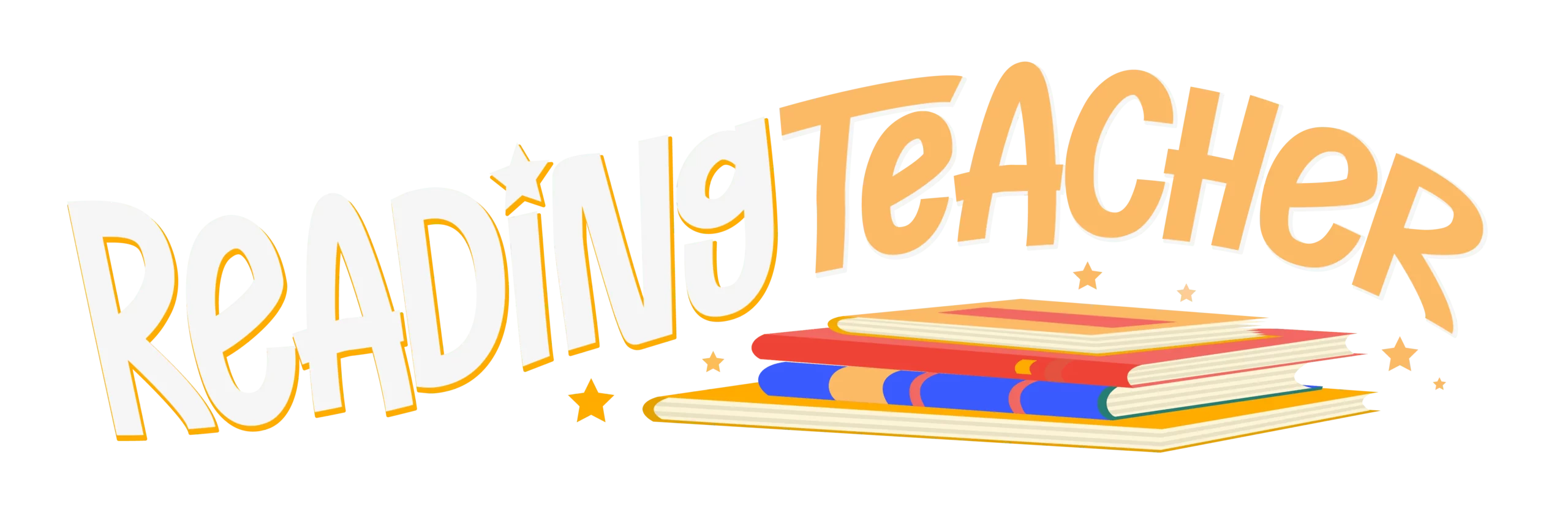When Do Emergent Literacy Skills Begin to Develop?
Ah, literacy lingo: it’s loved by researchers and tolerated (begrudgingly!) by parents and teachers.
If you’re a teacher or parent of an emergent reader, you’ve likely encountered your fair share of reading-related lingo. While language evolves with our understanding of how young people learn to read, it can be taxing to keep up!
Today, we’re unpacking the lingo of emergent literacy. We’ll discuss what emergent literacy means and when these skills develop; as always, we’ll follow with research-backed strategies to encourage emergent readers when words get tough.

What is an Emergent Reader?
First, a quick recap: an emergent reader is literally “emerging” into a new phase of reading potential. You’ll notice that an emergent reader displays some - or all - of the following behaviors:
- Points out high-frequency words in books and in everyday contexts (for example, on signs or menus)
- Writes in scribbles or incoherent strings of letters
- Expresses excitement about reading and listening to others read
There’s no “correct” timing or sequence for the development of emergent literacy skills. That said, many researchers argue that literacy skills begin to develop from birth. As soon as children begin to see and interact with print at home, in public settings like the store or daycare, and eventually at school, they’ll begin to recognize and point out familiar words and symbols.
Why Emergent Literacy is Important
Compared to other stages of literacy development, researchers emphasize emergent literacy as the foundation of lifelong learning. From birth to the preschool years, children absorb a remarkable amount of information. As a supportive adult, it’s less important to follow and perfect the lingo of literacy, as it’s always changing! Instead, we encourage parents and educators to concentrate on and encourage children’s natural interests in words, stories, and images.
The importance of emergent literacy can also be explained using the relationship between written and spoken language. As fluent readers, we don’t just read in silence: frequently, we also read aloud and speak to others about what we’ve just read! When surrounded by fluent adult readers, emergent readers will gradually develop their sound awareness - the ability to hear phonemes - and their confidence.
In this way, you can think of emergent literacy as a 24/7 Book Club. Emergent readers are seeing and sounding out new words on a daily basis; ideally, they’re given ample opportunities to talk about the new words and stories they hear or see hear.

Emergent Literacy Activities
Even before children begin school, they’re considered emergent readers. Using the following activities, you can engage your reader in the joy of reading, writing, and sharing books with others.
Before Preschool:
1. Talk, talk, talk!
Talk to your child. Name objects, people, and events in your everyday world.
2. Sound repetition
Young children will often string together series of sounds. Those sound strings might be incomprehensible now, but they’re worth repeating! Hearing am adult speak the same sounds back to them will enhance a child’s sound awareness - and, over time, their ability to hear and speak new words.
3. Point!
When it comes to reading, pointing isn’t considered poor manners! For emergent readers, pointing out signs and logos will improve their recognition of print in everyday contexts.
During Preschool:
1. Singing and rhyming
Sing it out! Many songs incorporate rhymes and short words that are easy for little ears to hear and sound out on their own. A rhyming song structure also demonstrates how different words can sound and feel similar when spoken aloud.
2. Drawing
Take a break from the daily reading lesson: it’s time to unlock your child’s creative side. Drawing can help emergent readers communicate more complicated stories and ideas, even before they have the writing skills to do so.

After Preschool:
1. Popcorn reading:
As your child becomes more comfortable with reading, you can play “popcorn” and take turns reading parts of a book. Your child gets to hear proper pronunciation, practice their own, and enjoy some quality time with one of their favorite adults!
2. Games
Emergent literacy is a time of exploration and play - so games are a natural addition to the learning process! Some of our favorite games for this age group emphasize pretend play. Any emergent reader can design a fantasy world inspired by their favorite book or story.
Adults can even create a “mystery box” filled with creative and educational materials, such as a notepad for writing secret messages or an object related to a story the child just read.

Take-Aways:
- Emergent literacy spans from birth to the preschool years, although the timeframe varies depending on the child and other situational factors.
- The emergent phase of reading development sets the foundation for a child’s reading journey.
- As emergent readers, children develop their sound awareness and begin to recognize the relationship between words and spoken language.
- To support emergent readers through preschool and beyond, adults can use a variety of low-cost activities that focus on sound awareness, pronunciation, and play!
Start Teaching Reading for Free Now!
Access Level 1’s four interactive stories and the accompanying supplemental resources to teach elementary students how to read. No credit card is needed. Join the 42,635 teachers and students using our reading program.
